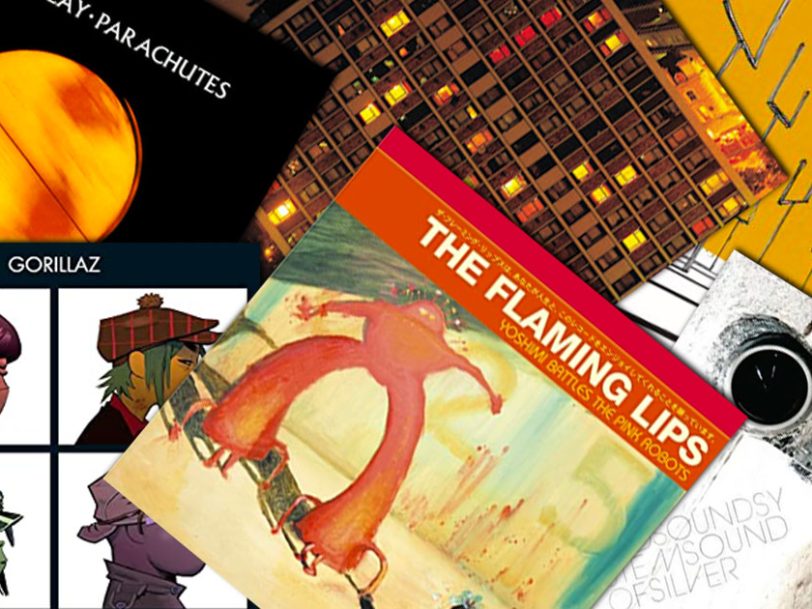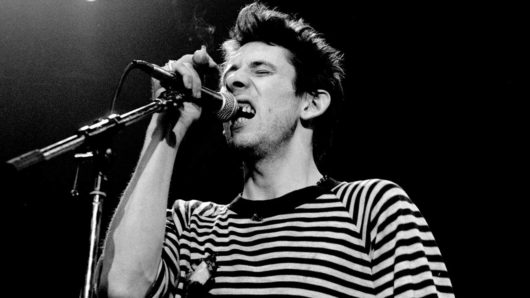With 9/11 and the “War On Terror” dominating the news headlines, the 2000s was a politically turbulent era with more than its fair share of anxiety and disillusionment. Just like previous decades, however, countless musicians were on hand to shine brightly in humanity’s darkest moments, offering us a smorgasbord of pop, rock, and hip-hop that helped unify a world that seemed to be coming apart at the seams. The best 2000s albums, from artists as diverse as French house pioneers Daft Punk and virtual group Gorillaz, saw genres collide and give us glimmers of hope and escapism just when we needed it most.
Listen to our Pop playlist here, and check out our best 2000s albums, below.
20: Missy Elliott: ‘Miss E… So Addictive’ (2001)
As the third album masterminded by Missy Elliott and super-producer Tim “Timbaland” Moseley, Miss E… So Addictive followed 1997’s Supa Dupa Fly and 1999’s Da Real World, and catapulted the game-changing star into nightclub notoriety. Largely thanks to quirky hits such as the bhangra rap banger Get Ur Freak On and a club remix of 4 My People, by house duo Basement Jaxx, the album would clock up two million sales after shifting 250,000 copies in its first week. Melding Elliott’s eye-popping R&B impulses with Timbaland’s eclectic hip-hop sampling, Miss E… So Addictive still stands tall as one of the best albums to emerge from the early 21st-century rap explosion.
Must hear: Get Ur Freak On




